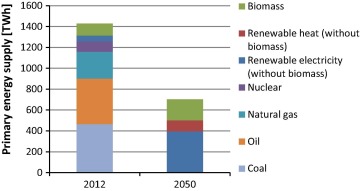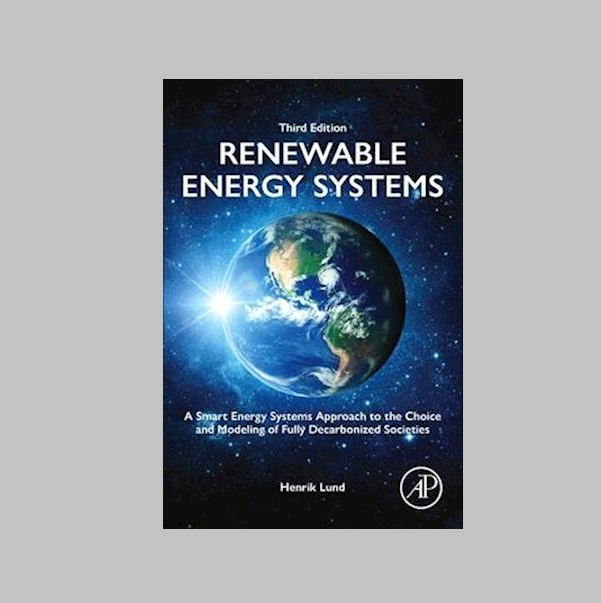Zero carbon energy system of South East Europe in 2050
Authors:
Dominik Franjo Dominković, Ivan Bačeković, Boris Ćosić, Goran Krajačić, Tomislav Pukšec, Neven Z. Duić, Nataša Markovska
Download the EnergyPLAN models here.
South East Europe is the region in a part of Europe with approximately 65.5 million inhabitants, making up 8.9% of Europe’s total population. The countries concerned have distinct geographical features, various climates and significant differences in gross domestic product per capita, so the integration of their energy systems is considered to be a challenging task. Large differences between energy mixes, still largely dominated by fossil-fuel consumption, make this task even more demanding.
This paper presents the transition steps to a 100% renewable energy system which need to be carried out until the year 2050 in order to achieve zero carbon energy society. Novelty of this paper compared to other papers with similar research goals is the assumed sustainable use of biomass in the 100% renewable energy system of the region considered. It is important to emphasize here that only the sustainable use of biomass can be considered carbon-neutral. The resulting biomass consumption of the model was 725.94 PJ for the entire region, which is in line with the biomass potential of the region. Modelling the zero-carbon energy system was carried out using the smart energy system concept, together with its main integration pillars, i.e. power-to-heat and power-to-gas technologies. The resulting power generation mix shows that a wide variety of energy sources need to be utilized and no single energy source has more than a 30% share, which also increases the security of supply. Wind turbines and photovoltaics are the main technologies with shares of 28.9% and 22.5%, followed by hydro power, concentrated solar power, biomass (mainly used in cogeneration units) and geothermal energy sources. To keep the biomass consumption within the sustainability limits, there is a need for some type of synthetic fuel in the transportation sector. Nevertheless, achieving 100% renewable energy system also promises to be financially beneficial, as the total calculated annual socio-economic cost of the region is approximately 20 billion euros lower in the year 2050 than in the base year. Finally, energy efficiency measures will play an important role in the transition to the zero-carbon energy society: the model shows that primary energy supply will be 50.9% lower than in the base year.

Contact
If you experience further challenges using the model that are not answered in any one of pages at the site, you are more than welcome to contact us and we will try to help you.
Email us hereBook, 3rd Edition out now

3rd Edition Renewable Energy Systems – A Smart Energy Systems Approach to the Choice and Modeling of Fully Decarbonized Societies
By Professor Henrik Lund
List price: USD 100.00 / GBP 76.76 / EUR 87.20
Buy here